Mason & Dixon - Part 1 - Chapter 23: Class Alienation
Analysis of Mason & Dixon, Part 1 - Chapter 23: The Cudgel and Throck, Lud Oafery, Secret Tunnels, the First British Pizza, Sophisticated Werewolves
Dixon, Maire, and Emerson — after discussing Dixon’s potential journey to America at Emerson’s house — decided to go to a bar known as The Cudgel and Throck (1.22) which typically hosted a Preterite1 customer base. Though it wasn’t just any Preterite; it was often the lowliest and most ‘redneck,’ for the lack of a better word, people in town. Maire went so far as to disguise himself before entering, either because he, as a Jesuit priest, could not bear to be seen in a place such as this or because he knew that they would not accept him here. Or, as we will see by the end of this chapter, both — for the well-educated masses will always throw the lower classes to the wayside while the more conservative lower classes will find comfort in remaining ignorant of the world’s reality.
Entering the bar, they are all greeted by the patron, Mr. Brain, and his semi-untamed dog, Goblin. Mr. Brain recognizes Emerson who must be a regular, calling him ‘old Back-to-Front’ and warning him that a man named Lud Oafery2 has been seeking him out, probably looking to be hypnotized again. Emerson, as we learned (in 1.22), made a pretty penny on hypnotisms and horoscope readings, charging the same price as Maskelyne did when he told Mason about his horoscope readings (1.13, pg. 136). And as discussed before, even though Emerson probably has better intentions than most, his (and Maskelyne’s) selling of horoscopes is quite the scam, and his selling of hypnotisms doesn’t look too good on his part either due to their connection with brainwashing.
Maire and Dixon loudly complain about the state of the bar being a place for what they would consider ‘low class’ individuals. Mr. Brain brings out his Hurdy-Gurdy to liven things up which really just ends up further revealing Dixon’s somewhat bourgeois tastes due to the chaotic music Brain chooses to play. Dixon may be a part of the Preterite and working class like every member at this bar, but there are tiers within that stratum. Dixon had been raised in a family that may not necessarily have been Elite but certainly expressed those tendencies and the desire to be a part of that class. This has led to Dixon (and Maire) finding a great deal more in common with the classic working man and even with the Elite. But God forbid we stoop down to the level of the ‘street rabble.’ That is, despite having far more in common with them than we ever would with the true Elite…
The three men sit together and continue discussing Dixon’s potential journey to America. Maire attempts, once again, to convince Dixon to go on this trip and to map the line on behalf of the Jesuits. Like many people and groups within the novel, Dixon does not necessarily trust the Jesuits. Sure, he is friends with Maire, but the order as a whole doesn’t sit right with him. Jesuits were notoriously involved in the political sphere, both within governments and with the Pope himself. With the Jesuits gaining significant sway, spreading across nations, and having a certain mystery surrounding them, something known as The Suppression of the Society of Jesus began in 1759. This removed the Jesuits from many of their missions around the world and would abolish the Society as a whole in just a few years in 1773. So, while Maire may seem like a genuine friend and while Dixon may be close to him, there should be no shock that Dixon does not want to further contribute to an order so heavily distrusted. Ironically though, the whole point of the three men’s discussion at home was that just by going to America, Dixon would be directly contributing to Elite interests. But at least by doing it his way he could pretend he was not complicit; doing it for the Jesuits would be something that Dixon could not feign ignorance about. Or, even worse, he could not deny to others that he was working for the System: “I don’t fancy working for Jesuits,— no more than having others believe it’s what I’m doing” (231). But nonetheless, refusing to give in to another order of power does show that Dixon isn’t willingly or at least completely selling out. Emerson, who placed a bet that Dixon would not join the Jesuit order, is quite pleased. The fact that Dixon went on to become a surveyor hurt him; here, however, he sees that Dixon did not completely sell out — did not give into “the usual hollow desires for Authority and mindless O-bedience” (231). But again, his reluctance to accept the Preterite if they were not well off enough shows that his goodness only goes so far.
Mr. Whike, a friend of Lud Oafery, walks in and hears the discussion on the Jesuits. He too does not care for them, mentioning how they are selling out England to the papacy in Rome, calling back to mind the anger behind the Julian to Gregorian calendar change (1.19) of which the Englishmen fully blamed the Royal Society for selling out to the desires of Rome and the Pope. Possibly due to old animosity, or possibly due to the fact that these three out of place men at the bar are of a very different social stratum than the rest of the patrons, a fight nearly breaks out between Dixon and Whike. But it is mitigated by the entrance of Lud Oafery himself.
A scene of Dixon’s childhood is recalled here. He was friends with Oafery, with whom he traversed a number of underground tunnels which were rumored to hide certain invaders during wars. These tunnels connected castles, churches, and all sorts of edifices of power. But when below the city — a city riddled with borders and Property-Lines — the world was different. No false borders existed, no land was fought for, the cycle of day was not born out of celestial observations, and light, in fact, served only to light the way, though even that was purposeless to some extent. What difference was there in the tunnels despite them being a part of the same world as that which was above? They were largely undeveloped, resourceless, and served only as passages from one place to another. They did not yet possess anything which those in power wished to claim for their own. It is societal development — and more specifically, Western development — that inevitably leads to surveyorship and the partitioning off of land. If the underground world were to flourish, turn from a transportation line to a series of cities that possessed coal, lumber, arable land, people, and everlasting light to illuminate this all, then you could imagine that the borders which existed however far above these tunnels would burrow their way down through the earth and section off the underworld as well.
So, in reality, the surface lines have nothing to do with — as those who fund their drawing would have you believe — statehood, cultural division, or any other stated reasons. Of course, that is not to say that cultural borders have never been formed outside of these goals. But now that the world has progressed into one of global trade and imperial expansion, any newly formed border is not likely to be created out of something such as that. The underworld, however, is uncharted territory. Why would an Empire seek to fund the survey of somewhere that would never give a return on investment? There is a difference between using the underworld for military purposes and travel. It can be used for infiltration, for modern travel such as with subway lines, and so on. But the point remains that until it contains populations and resources to exploit, it will remain entirely (and even today, will remain mostly) uncharted.
Speaking of reasons for imperial expansion, the globalization of foreign cuisine comes up once again to serve as another reason for why even the average folk such as those at the Cudgel and Throck sometimes support such expansion. Maire brings up ‘pizza,’ a word that none of the others had ever heard of. This mention and subsequent explanation of what it is leads to the members of the group attempting to craft a pizza. In the end, other than the bread which really does not even resemble pizza dough in the slightest, none of the ingredients are what we would classify as being present in that dish. First, instead of a tomato sauce, we have ketjap, the ketchup adjacent product which Dixon brought back from Cape Town. Today, our sauce would be made out of tomatoes, garlic, olive oil, oregano, and salt. Just looking at this one sauce in the modern day, we can see that a majority of the world’s tomatoes and garlic are grown in China, olive oil comes mostly from the Mediterranean, and oregano typically comes from areas in or near the Middle East and Mexico. On top of this, many of these mass producers are not even where the specific ingredients originated — the tomato specifically being thought have first been domesticated in South America. So, not only did the globalization of trade have to occur in order to supply all the countries with these products in order to make the sauce, but it also needed to occur in order to find climates suitable for mass production of produce which never existed in that land previously. Next, Stilton cheese, a blue cheese native to Britain, was used as the ‘pizza’s’ cheese base. We see here an actual native product being used for the world’s first British ‘pizza,’ but to most average people’s taste, this would likely not be an adequate substitute for mozzarella which itself is not just a cheese, but an entire tradition and technique developed in Italy that would itself spread across the globe. Thirdly, for our cured topping, anchovies were used. Today, it is more common to see a variety of cured pork products or vegetables, all of which have their own countries of origin and, in regard to the cured meat, their own tradition of curing technique. To take it even further, the process of canning, creating vessels that could be shipped, plastics which could wrap the meats, shipping containers, oil manufacturing for transoceanic voyages, the development of refrigeration, the manufacturing of the parts that go into these machines occurring in different countries and the minerals being extracted largely from the global South, and on and on to the point that it would get excessive to name every single development that needed to occur for the global consumption of pizza alone — all of this leads us from simply using what is around us to create an approximation of one nation’s cuisine to crafting the cuisine itself. Humanity’s gluttony and desire for consumption has and will lead to the further drawing of borders and endless expansion of capitalist and imperialist nations. A thing that the underground does not yet possess, again, because of its lack of tradition, resources, and people.
Lud, who up until now has been speaking in grunts and groans, is revealed to be a type of werewolf. However, instead of changing from man into wolf, he changes from his low brow unclassy self into someone with “‘sophistication’ in both fashion and language,” two things which are “undesirable at the Cudgel and Throck” (Biebel, 110).3 Thus is the final comment on Dixon’s dilemma made (easily comparable to Mason’s dilemma at the George in London in 1.19). Dixon and Mason are both beholden to the interests of Elites. In Dixon’s case, he has fallen prey to a system which led to his desire to become a surveyor, a position which would almost exclusively be used to map borders for those who could afford to have such borders mapped. Mason became complicit in his working for the Royal Society whose own evils he would need to enact and defend so that he would not be similarly blamed for whatever occurred because of their work. However, we cannot place the entire blame on the Elite, for those like the patrons at the bar have become complacent, leading to actions such as these to occur without questioning. With Mason in London, at the George, patrons have refused to educate themselves on topics such as ‘time’ or ‘calendars’, leading them to only see the mostly unimportant inconvenience of a calendar change while ignoring any of the more important implications that such a thing could hold. Dixon’s Cudgel and Throck patrons, even less educated than those at the George, are more terrified of a man who is sophisticated enough to speak foreign languages and have interest in the arts and humanities than they are of a literal ravenous beast.
The Werewolf itself was not chosen as a symbol solely because of its ability to transform, but also due to Pynchon’s use of the werewolf throughout his previous works, specifically Gravity’s Rainbow.4 In the beginning of the Byron the Bulb Chapter (Gravity’s Rainbow, 4.3), it was revealed that after WWII had officially ended on the European Front, Lycanthropophobia (the fear of werewolves) became common among the citizens. The ‘werewolves’ in this scenario were the Nazis who did not actually give up, but instead either continued their reign of terror or ‘transformed’ back into their human selves in order to hide away. One example of a Werewolf was Captain Blicero who earlier in that novel was described as having “grown on, into another animal . . . a werewolf . . . but with no humanity left in its eyes” (Gravity’s Rainbow, 3.17, pg. 486).
The point of all of this is that while the Elites are almost entirely to blame for the outcome of our world, mankind’s reluctance to work hard enough to see past this evil — along with its view of any sort of sophistication as being superfluous — has led the more monstrous werewolves to spread and take root in our society. It allowed those Elites to create a network of global expansion which promised the Preterite that they could consume food products from cultures far away at no extra cost, all while every other one of their rights were slowly stripped away. But don’t let those like Dixon get off scot-free. For, not only did Dixon work for the Elite, but ever since walking into the Cudgel and Throck, he fully despised these lowly individuals. It is the duty of those like Dixon to educate the masses, not to throw them off to the side or, like Mason did, brainwash them further into ignorance.
Up Next: Part 1, Chapter 24
I can’t recall if I’ve mentioned this in the Mason & Dixon posts yet, but the word Preterite is used very often in Gravity’s Rainbow and is mostly synonymous with ‘proletariat’ or ‘working class,’ or could more easily be defined as anyone who is not the Elite. I use it relatively often since it’s Pynchon’s chosen word for this class. Most likely so he doesn’t outrightly root his work in ‘taboo’ Leftist lingo.
Lud’s first name is in reference to the Luddites, a group who opposed the introduction of machinery in the textile industry due to it putting their jobs in jeopardy since these machines could be operated by a cheaper labor force. Luddism is often used today to be synonymous with simply being against technology or technological progress as a whole. Though, often that is due to the fact that much technology does not actually benefit humanity and usually hurts it.
Lud’s surname is in reference to being an ‘oaf,’ which is pretty self-explanatory. We will meet him later in this chapter.
Biebel, Brett. A Mason & Dixon Companion. The University of Georgia Press, 2024.
No spoilers for that novel ahead.


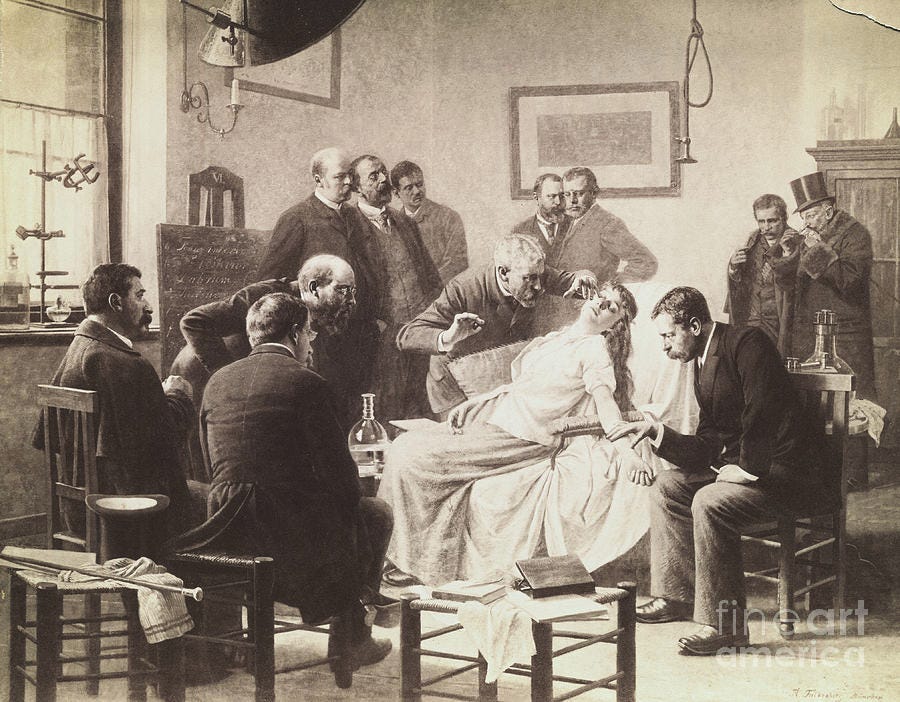
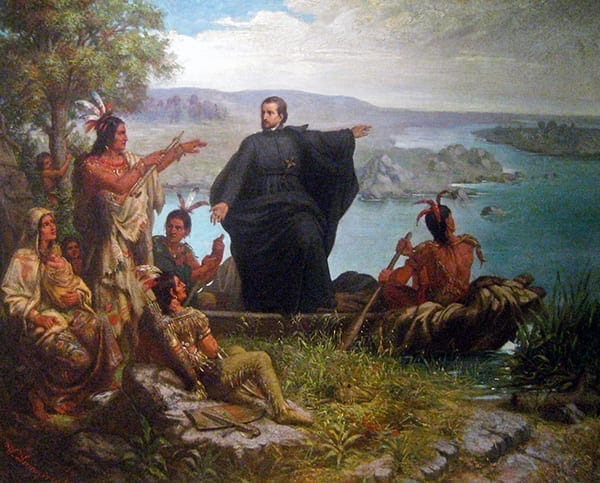
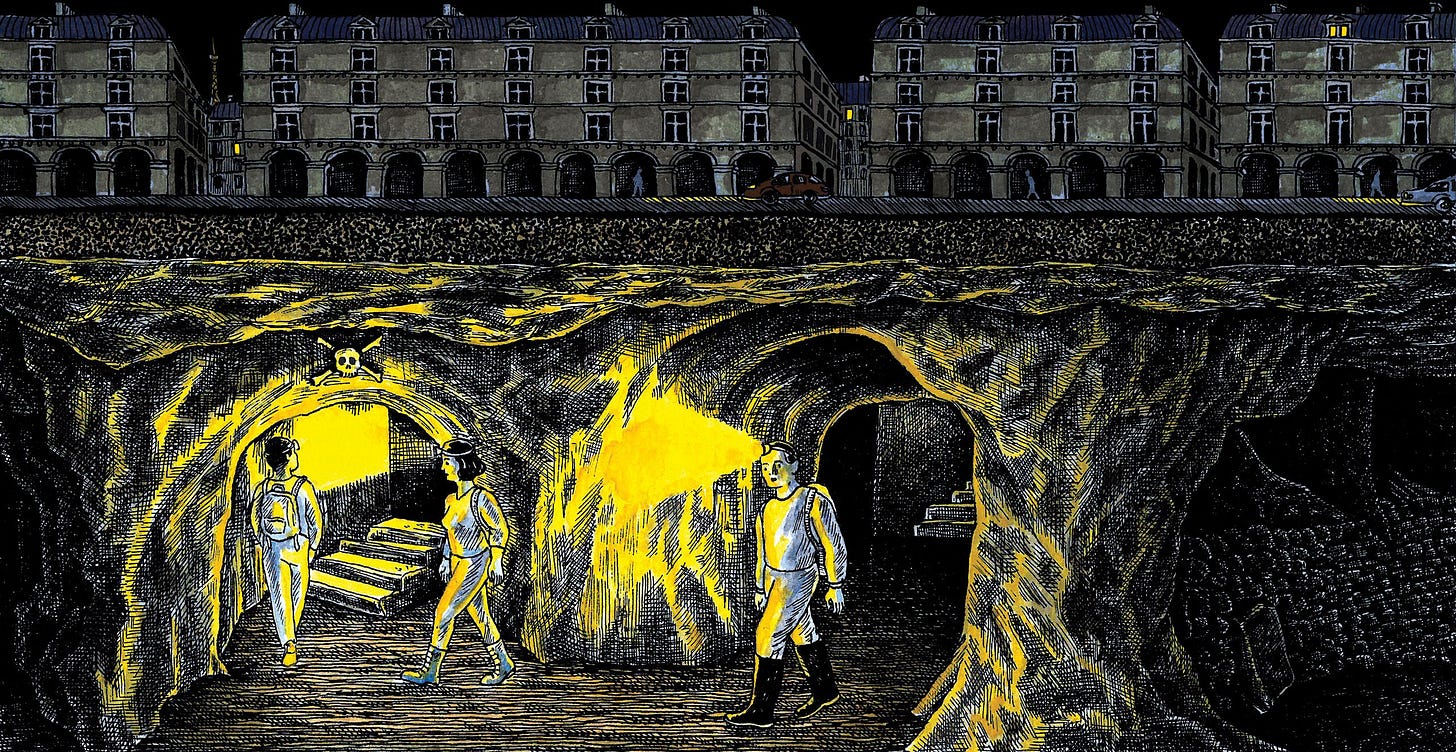
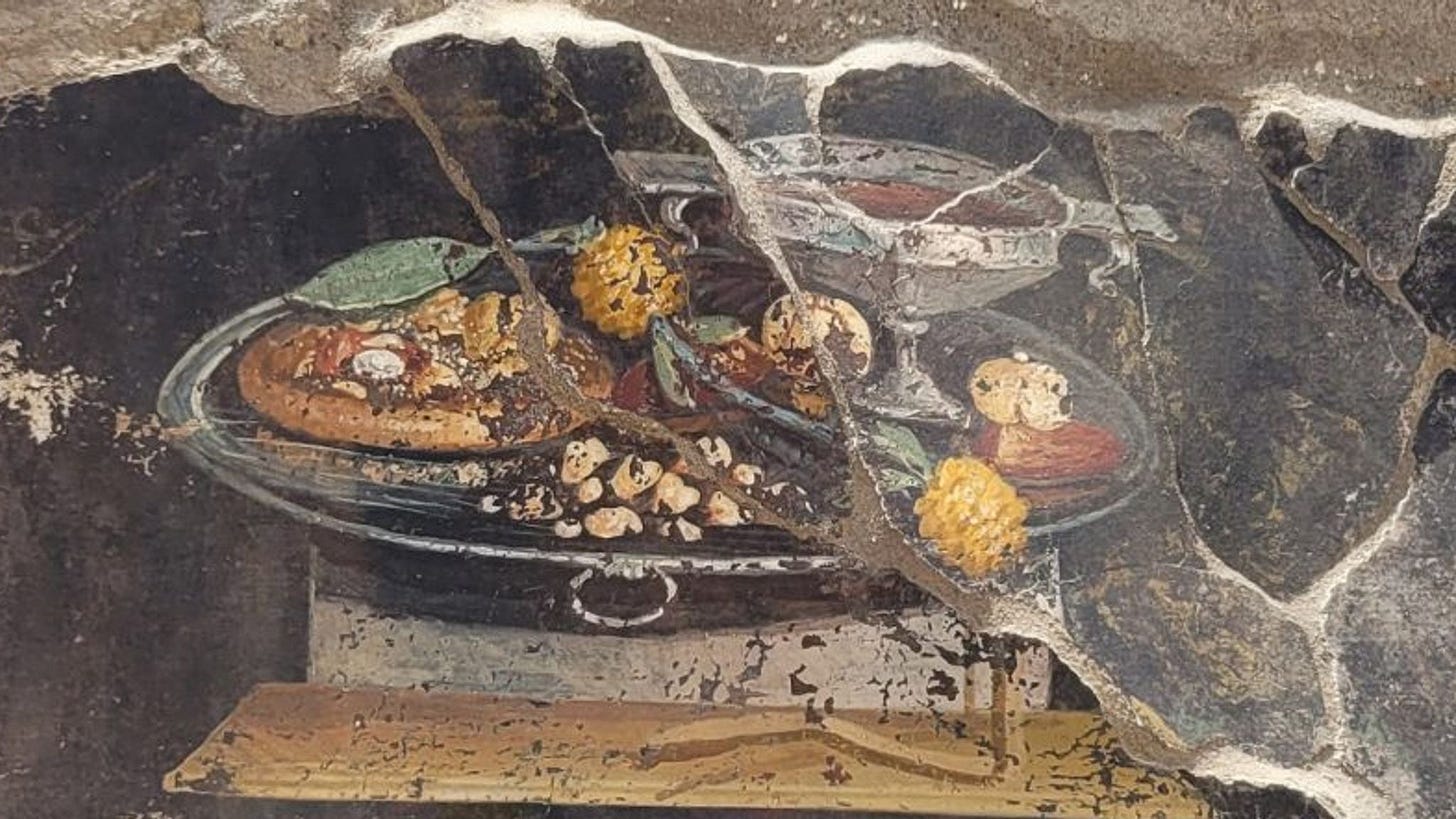
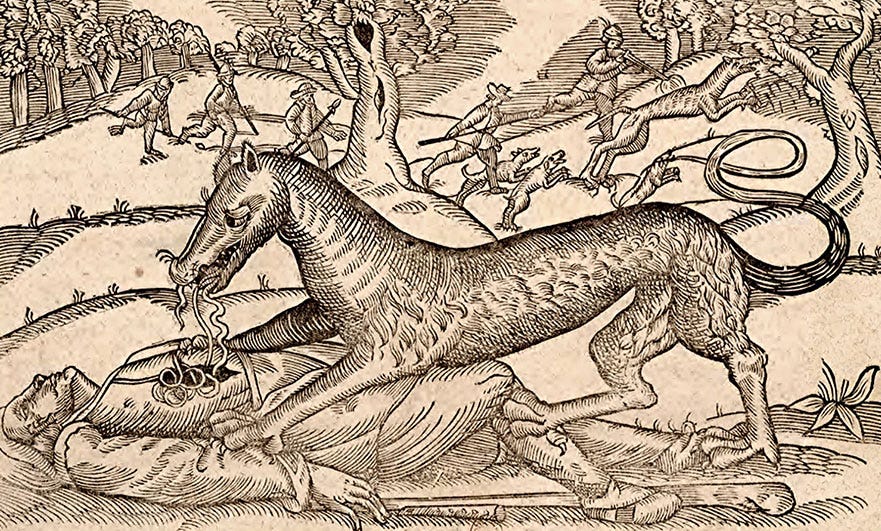
One of the most memorable chapters. The reverse were-wolf, only two or three nights a month he turns from hairy teenager into well-mannered man. Criticising his own mother hair, and even annoying both his parents who dis-avow the change that occurs. I like that another member of the bar assumes all teenagers get assumed of being a teenager due to their sudden changes in hairy, odours, mood ability. Giving the situation where the teenager shows up with only growling as his mood, giving the illusion that this might not be the case. Only for Pynchon to leave us with image of the most reasonable version of this classist man, only arriving twice or three days a month depending on the moon. With both sides of the family disavowing belonging to their blood.
(Another case of celestial orbits affecting class and possibly matters on earth ay? Another case of men dictate by a connection to status, culture, identity dependent on the moon. I'm sure our astrologers are not so different, when they feel full of themselves based on what is above, changing who they are.)
Though I'm not quite sure he is implying by the fact it seems to be unintentional. Being dependent on celestial light. Thought the final image of his mother being overwhelmed by his cultural knowledge and languages and tolerating it due to her role is lovely.